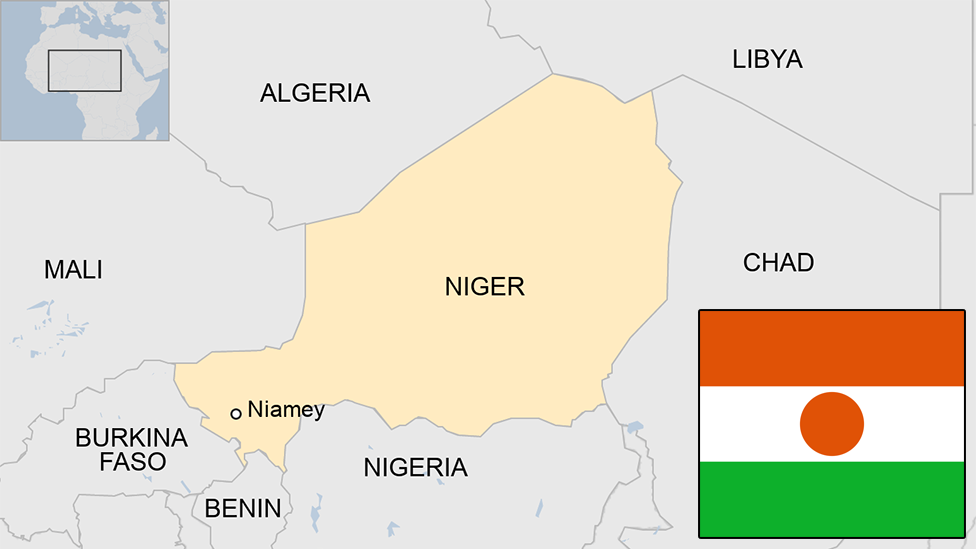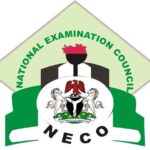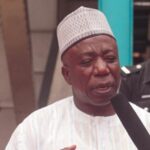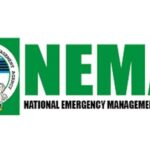The Hausa people have a rather controversial proverb that one hears thrown about when situations call for caution. It says that if your neighbour’s beard catches fire, then you should hurry to douse yours in water. The aim, of course, is to avoid a similar fate as one’s neighbour. The proverb says nothing of how exactly the neighbour’s beard caught fire in the first place. What it ignores, however, is the most essential part; helping your neighbour quench the fire in his beard.
The situation in Niger Republic is causing a lot of tension in the West African subregion because, from the proverbial perspective, it is a manifestation of a fire-in-the-beard pandemic that started in the region with the coup in Burkina Faso in February 2022. Since then, there have been five coups in the subregion, with Burkina Faso having two in one year, followed by Guinea, then Mali, then the latest in Niger Republic, creating a coup belt stretching across the region. This has caused the Economic Community of West African States (ECOWAS) to issue an ultimatum to the new junta in Niger Republic to reinstate President Mohamed Bazoum or else.
While the nature of the ‘or else’ is being determined, the most notable option being a possible military intervention, debates have since raged like wild fires (forgive the fire references today, but there is fire on the mountain) on why ECOWAS is insisting on a return to status quo in Niger Republic. Is it lawful? Would it not be an intervention in the affairs of a sovereign state? Does the union have the moral right to intervene? To impose deadlines? To make demands? The answers to these questions are as varied as there are opinion givers.
There was a time, only recently, when it was reasonably believed that the era of some swashbuckling uniformed brigands swooping in to seize power from a government that the people elected and installed through constitutional means was over. But since 2010, there have been some 40 coups on the continent, some of these have failed woefully. Of these number, exactly half occurred in West Africa, including Chad. In the last four years, there have been seven attempts with five succeeding. It is a worrying trend. One that will only continue if it is not addressed.
- .We’ll remove all bottlenecks to ease business operations – Tinubu
- Bayelsa residents suffering from metal poisoning – Dickson
This means someone has to arrest the trend. Unfortunately, the buck stops at the foot of the ECOWAS where this fire burns the fiercest. It will not be the first time the union has been drawn to intervene and restore order in the affairs of member states. Peace keeping missions in Liberia have occurred before and so have interventions in the same country, as well as in Sierra Leone, to restore democracy. This intervention in Niger Republic will not be the first. But one certainly hopes that rather than an intervention, there would be an intercession in which the diplomatic options are pursued for the usurpers of people’s mandate to peacefully restore the elected government.
The member states of the union cannot afford to simply drench their beards in water and watch the beard and the face of their neighbour burn. Someone needs to throw water on this flame. After all, decades of military coups have demonstrated amply that power seizures and military rules have not provided better alternative to civilian rule. With over 200 coups on the continent since 1966, we should know that.
Niger Republic is not only a sensitive case because of the huge uranium reserve it is sitting on that has already seen the East and West scheming. Russia is present with its Wagner mercenaries and the US has a military base in the country. Jihadist groups have been running wild in the country, as they have been in the other countries in this coup belt. It is a situation that portends great potential for chaos, one that could destabilise the region as a whole. When Libya burned, many Nigerians wondered how that is their business. Years later, we are still suffering the consequences of that.
So, an ECOWAS intervention, or rather intercession, is not only necessary but expedient. This operation, however, must explore all rational and diplomatic avenues to stop this trend. This continent and its people ought to be matured enough to govern itself and themselves, through elected representatives that will not be bungled out by soldiers in the night with no legitimate claim to power.
And Prof Jowitt walks into the night
The death of Prof. David Jowitt, the 82-year-old professor of English at the University of Jos, on Monday has come as a shock. He passed away in a UK hospital where he had travelled for his holidays and to catch up with his family and friends, as has been customary for him over the years. He has lived in Nigeria since the 1960s and has been burning with a passion to officially become a Nigerian citizen. He finally got his wish only this year and was officially made a Nigerian on May 28 in a ceremony in Abuja.
I had written about his journey to become Nigerian in this column on June 15 in a piece titled “Prof. David Jowitt’s 60-Year Odyssey to Becoming Nigerian, And Sundry Issues.”
As fate would have it, he never quite got the chance to use his Nigerian passport and the one thing he desired the most since I have known him, apart from gaining Nigerian citizenship, was to have his memoir chronicling this journey published. It has been an uphill task; one he had pursued relentlessly. He had found an agent for the work and was in the process of reviewing the manuscript.
His last message to me before his death, which I regrettably didn’t get a chance to respond to, was that he had finally done one more revision his agent and I had persuaded him to undertake. His tone had been optimistic. He had completed the re-writes but hadn’t had the chance to send the revised manuscripts before his death on Monday. I knew he wanted to live to see this book published because he had told me so many times before. I am mostly sad that he would never see that.
The irony is that despite years of communicating on a consistent basis, I have only met Prof. Jowitt once, on the eve of what turned out to be his final departure from Nigeria. We never had the chance to meet until this time when he was travelling and decided to spend the night in Abuja before catching his flight the next day.
He had notified me of his plans and we agreed to meet. Incidentally, Chukwudi Eze, the brilliant architect and current chairman of the Association of Nigerian Authors, Abuja Chapter, had organised a private dinner in my honour. Since we had agreed to meet that day, I extended an invitation to Prof. Jowitt.
“I have come so you can look into my eyes and ask me why Nigeria,” he had said, holding my hands, referring to the column I had written to celebrate his Nigerianisation. We laughed, sat and ate. I gifted him my latest book, which he cherished and I learnt from friends, he spoke highly of even as he lay dying.
He wanted tuwo da miyar kuka, he had confessed to my wife, but it wasn’t on the menu that day. He had a standing invitation. Anytime he returned, he would come to the house and would be hosted to a feast of tuwo and miyar kuka. He said he was looking forward to it. As fate would have it, it was a journey from which he would not return.
Nigeria has lost a devoted son and country man, one whose undying fate in her transcended his storied life, one that made him cling to the idea of becoming Nigerian and staying here when most people his age would take the boat home.
Journey well, Prof Jowitt. I hope and pray that the world gets to read this book you so desperately wanted to share with it.

 Join Daily Trust WhatsApp Community For Quick Access To News and Happenings Around You.
Join Daily Trust WhatsApp Community For Quick Access To News and Happenings Around You.


